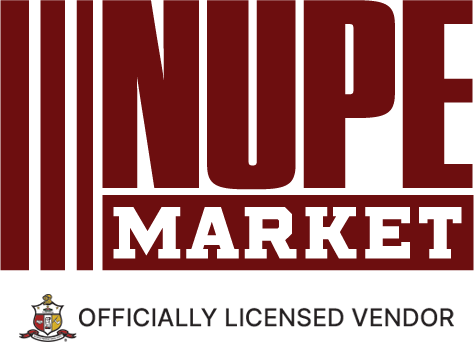Latest Research on Online Casino Gratis Geld
In recent years, the online gambling landscape has transformed dramatically, particularly with the rise of promotions such as gratis geld (free money) offered by online casinos. This article explores the latest research on the topic, illuminating various studies that investigate how these promotions influence player behavior, financial outcomes, and the overall gambling experience.
The Psychology Behind Gratis Geld Promotions
Study Overview
A recent study titled “The Role of Free Promotions in Online Gambling” conducted by the University of Gambling Behavioral Research aimed to understand the psychological effects of gratis geld offers on players. The researchers hypothesized that these promotions could significantly enhance player engagement and increase overall gambling frequency.
Methodology
The research utilized a mixed-methods approach, incorporating surveys and behavioral data analytics from over 5,000 online casino users. Participants were categorized based on their responsiveness to gratis geld promotions, with focus groups providing qualitative insights into player motivations.
Results
The findings revealed that 78% of respondents indicated that gratis geld offers were a major factor influencing their choice of casino. Furthermore, those who participated in bonus promotions reported a 25% higher gaming frequency compared to those who did not engage with promotions.

Impact on Financial Outcomes
Financial Implications of Promotions
Another significant study, “Financial Outcomes of Free Betting in Online Casinos,” published in the Journal of Gambling Studies, delved into how gratis geld affects players’ financial outcomes over time.
Methodology
This longitudinal study monitored the spending habits and net earnings of 2,000 online casino participants over a one-year period. Researchers analyzed both the short-term and long-term financial impacts of accepting promotions.
Results
The study found that while players who engaged with gratis geld initially experienced a higher win rate, approximately 62% of them ended up losing more money over the following months, potentially due to increased gambling frequency and risk-taking behavior.
Player Behavior and Risk Assessment
Understanding Risk Preferences
Research conducted by the Global Gambling Institute aimed to analyze how players’ risk preferences change when exposed to gratis geld. This study was particularly focused on understanding the threshold of financial loss players were willing to accept when gambling with bonus money.
Methodology
Using a survey methodology, the researchers collected data from 3,500 active online gamblers. Participants were asked scenarios related to risk-taking while using gratis geld, assessing their willingness to bet larger sums when playing with casino bonuses.
Results
The analysis indicated that 56% of participants reported a higher willingness to take risks when utilizing free credits, suggesting that gratis geld could induce an overconfidence bias in gambling behavior.

Conclusion and Future Research Directions
The recent studies reviewed reveal compelling insights into the role of gratis geld in the online gambling environment. While these promotions clearly attract and retain players, the potential downsides, including increased financial loss and riskier behavior, warrant further investigation.
Future research should focus on discerning long-term effects of gratis geld on gambling addiction and financial stability. Understanding these dynamics could help develop safer online gambling practices and promote responsible gaming.
For more information on gambling research and responsible gaming strategies, you can consult reputable sources such as Gambling Therapy and the National Council on Problem Gambling.
